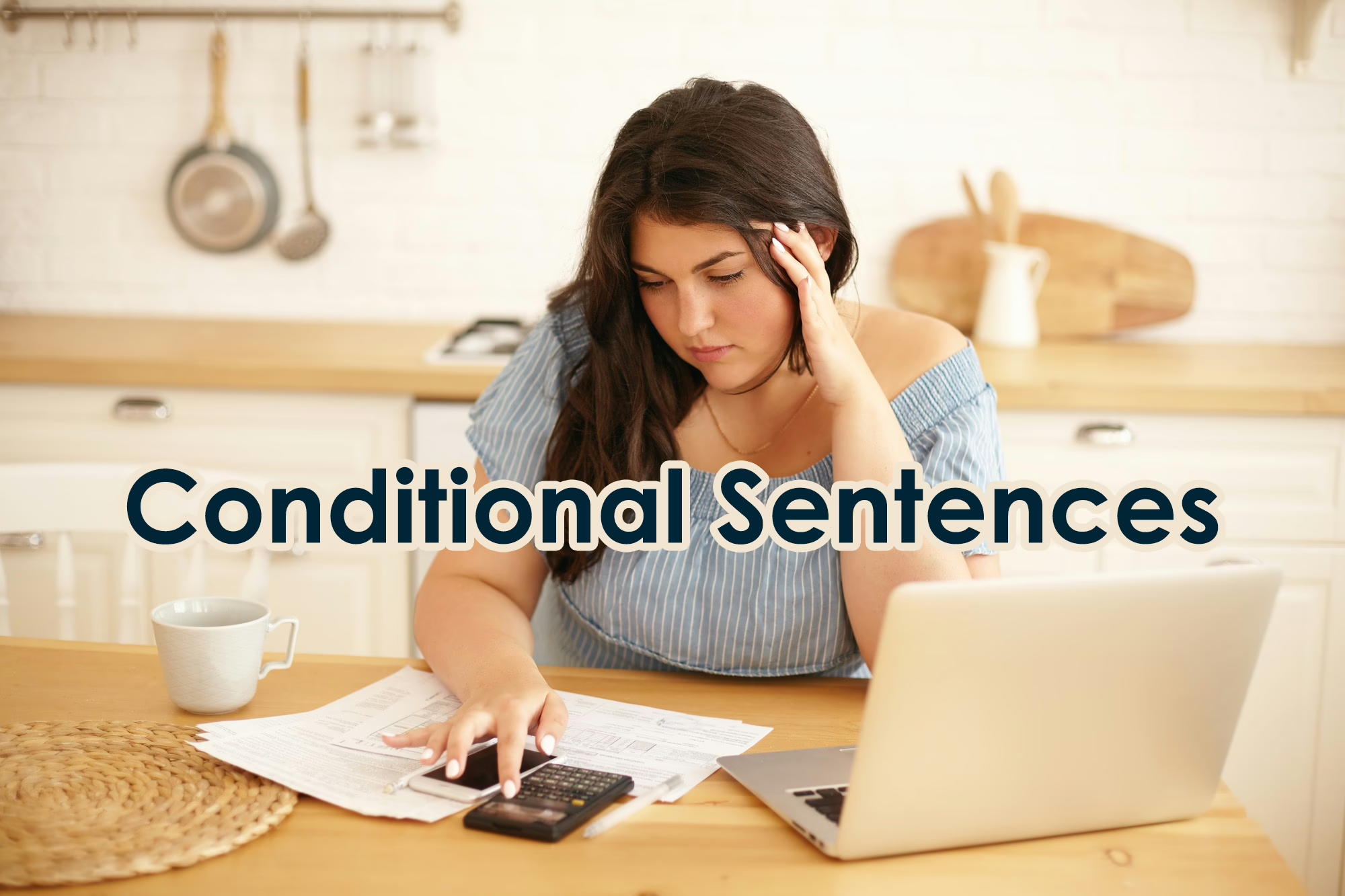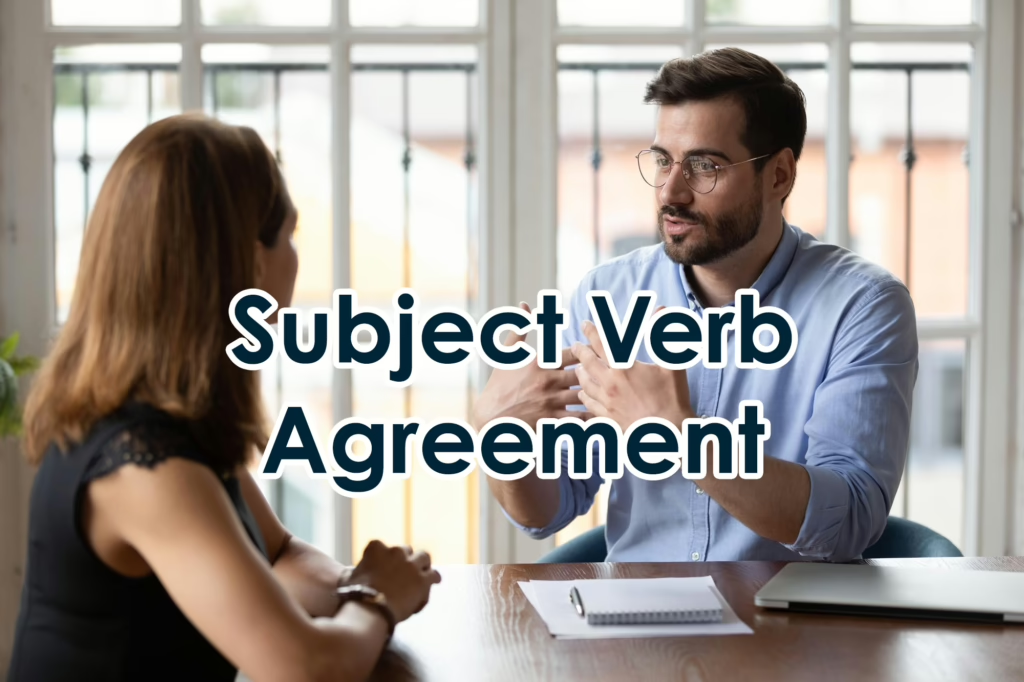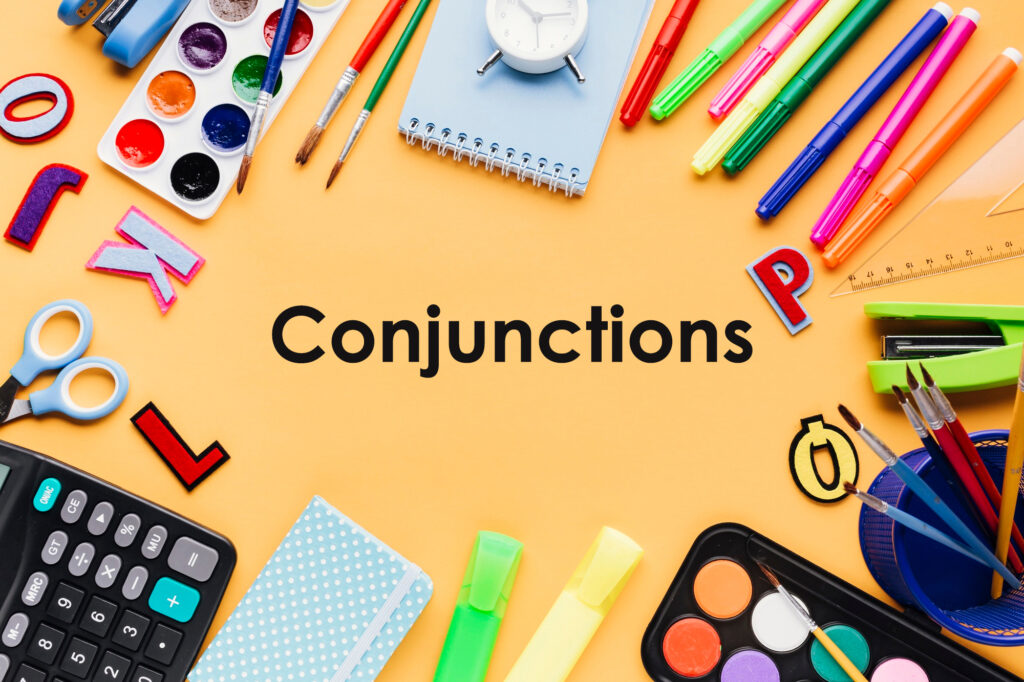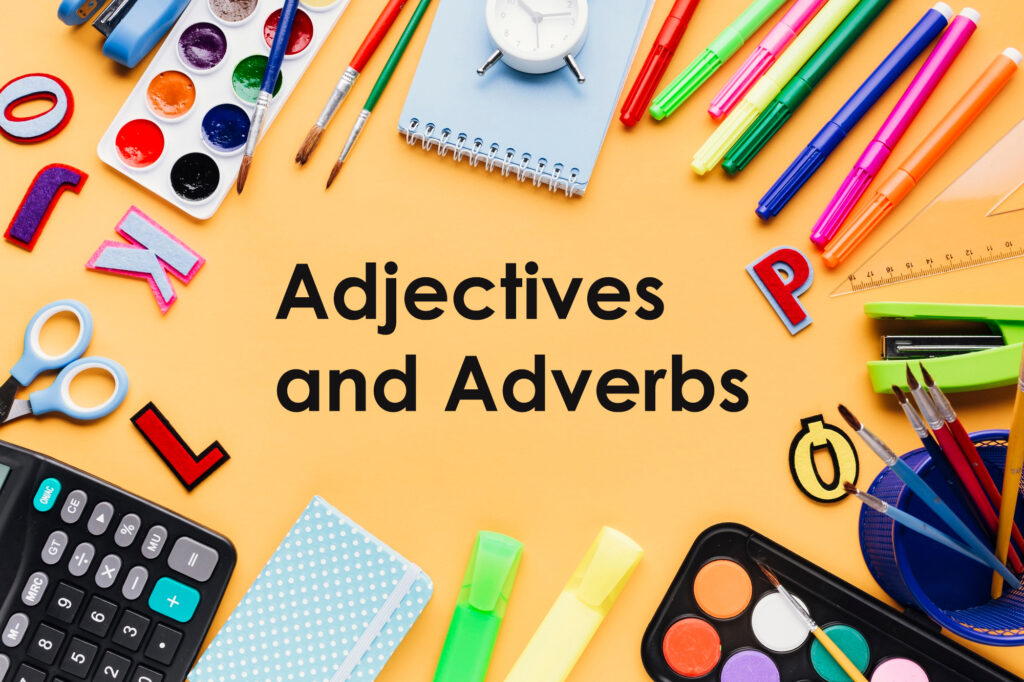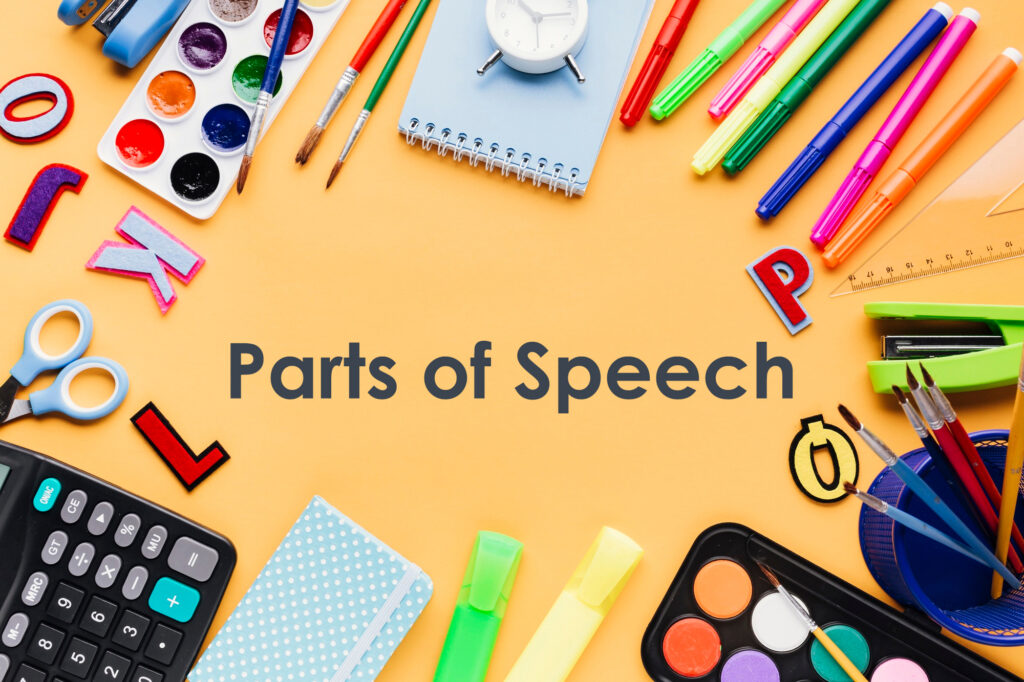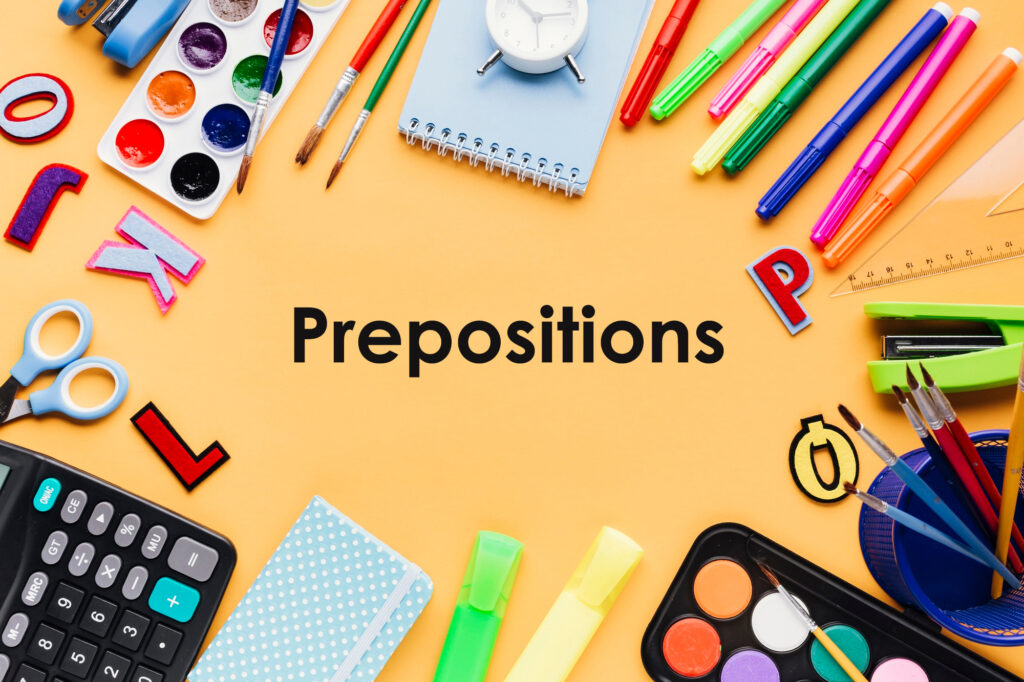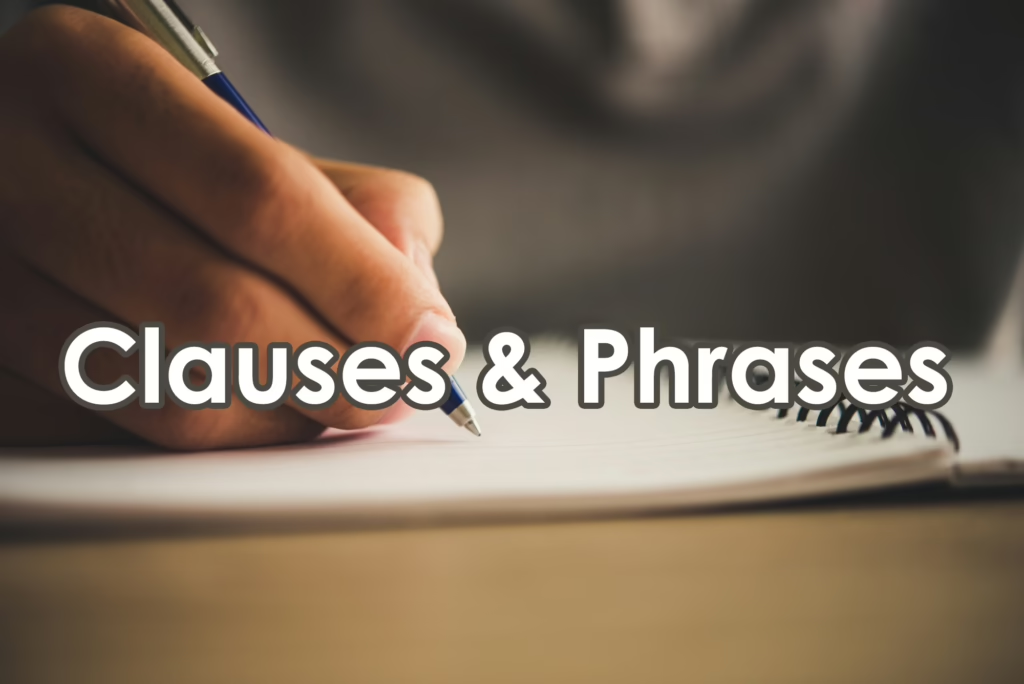14.1 What are Conditional Sentences?
Conditional sentences describe hypothetical situations and their possible outcomes. They usually consist of two clauses:
- The “if” clause (condition)
- The main clause (result)
✅ Example:
- If it rains, we will stay inside.
- Condition: “If it rains”
- Result: “we will stay inside”
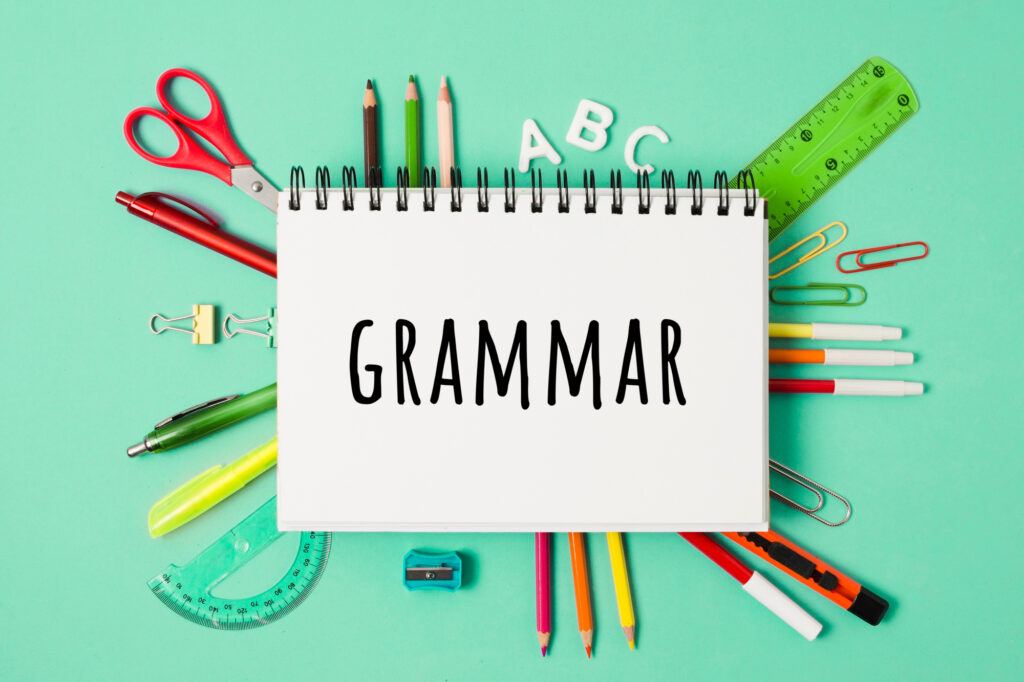
14.2 Types of Conditional Sentences
There are five main types of conditional sentences:
- Zero Conditional (General truths)
- First Conditional (Real and possible situations)
- Second Conditional (Unreal or hypothetical situations)
- Third Conditional (Past hypothetical situations)
- Mixed Conditional (A mix of different conditionals)
Let’s explore each one in detail!
14.3 Zero Conditional (General Truths & Facts)
Structure:
👉 If + Present Simple, Present Simple
Use:
- Used for general truths, laws of nature, and scientific facts.
✅ Examples:
- If you heat water to 100°C, it boils.
- If you mix red and blue, you get purple.
- If people don’t eat, they get hungry.
🔹 Tip: You can replace “if” with “when” without changing the meaning.
- When you freeze water, it turns into ice.
14.4 First Conditional (Real & Possible Situations in the Future)
Structure:
👉 If + Present Simple, will + Base Verb
Use:
- Used for real and possible situations in the future.
✅ Examples:
- If you study, you will pass the exam.
- If it rains tomorrow, we will stay at home.
- If she calls me, I will answer.
🔹 Tip: Instead of “will,” you can use “can,” “may,” “might,” or “shall” depending on the sentence.
- If you need help, I can help you.
- If you don’t sleep early, you might feel tired tomorrow.
14.5 Second Conditional (Unreal or Hypothetical Situations in the Present or Future)
Structure:
👉 If + Past Simple, would + Base Verb
Use:
- Used for imaginary, impossible, or unlikely situations.
✅ Examples:
- If I were a millionaire, I would travel the world.
- If she had more time, she would learn French.
- If I were you, I would take the job.
🚨 Special Note:
- We always use “were” instead of “was” after “if” in formal English.
- Correct: If I were you, I would apologize. ✔
- Incorrect: If I was you, I would apologize. ❌
14.6 Third Conditional (Hypothetical Situations in the Past)
Structure:
👉 If + Past Perfect, would have + Past Participle
Use:
- Used for regrets or imagining a different past.
✅ Examples:
- If I had studied harder, I would have passed the exam.
- If she had left earlier, she wouldn’t have missed the bus.
- If we had taken a taxi, we wouldn’t have been late.
🔹 Tip: You can use “could have” or “might have” instead of “would have.”
- If she had practiced more, she could have won.
🚨 Important: The third conditional is only for past situations—it does not affect the present or future.
14.7 Mixed Conditional Sentences
What are Mixed Conditionals?
Mixed conditionals occur when the if clause and the result clause refer to different time periods (past, present, or future).
Common Structures:
1️⃣ Past condition → Present result
👉 If + Past Perfect, would + Base Verb
✅ Example:
- If I had studied harder, I would be a doctor now.
(Past event affecting the present)
2️⃣ Present condition → Past result
👉 If + Past Simple, would have + Past Participle
✅ Example:
- If she were more careful, she wouldn’t have made that mistake.
(Present reality affecting a past event)
14.8 Summary Table of Conditionals
| Type | Usage | Structure | Example |
|---|---|---|---|
| Zero Conditional | General truths, facts | If + Present Simple, Present Simple | If you heat ice, it melts. |
| First Conditional | Possible future events | If + Present Simple, will + Base Verb | If it rains, we will stay inside. |
| Second Conditional | Unreal or imaginary situations | If + Past Simple, would + Base Verb | If I were rich, I would travel the world. |
| Third Conditional | Hypothetical past situations | If + Past Perfect, would have + Past Participle | If I had studied, I would have passed. |
| Mixed Conditional | Different time periods | If + Past Perfect, would + Base Verb | If I had studied, I would be a doctor now. |
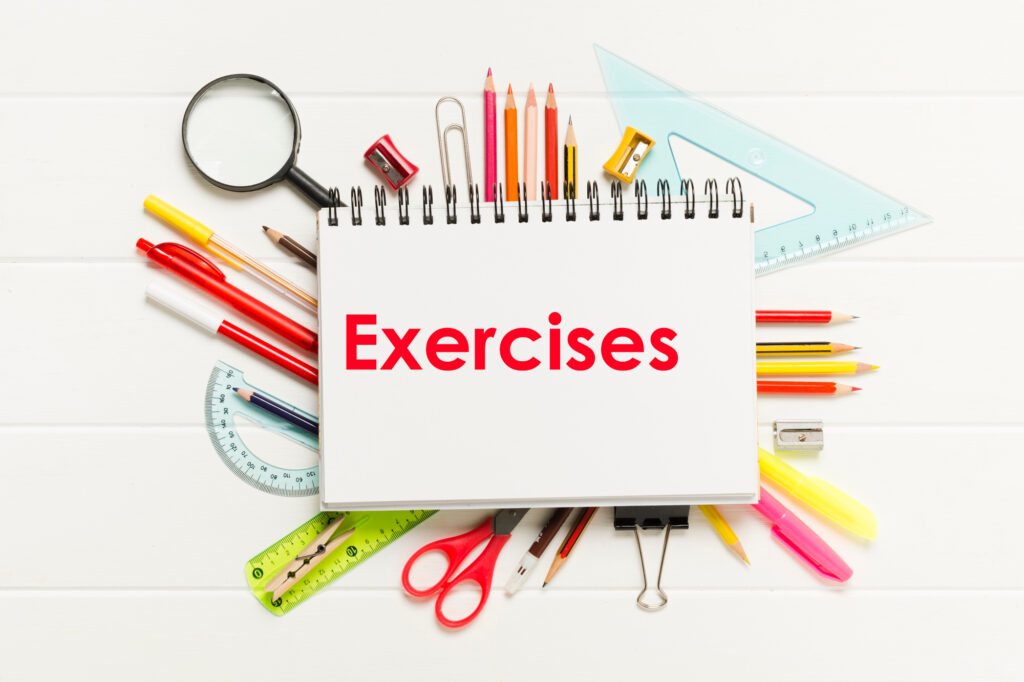
Exercises
A. Fill in the blanks with the correct form of the verb:
- If you ______ (study), you ______ (pass) the exam. (First Conditional)
- If she ______ (be) taller, she ______ (become) a model. (Second Conditional)
- If I ______ (leave) earlier, I ______ (catch) the train. (Third Conditional)
- If we ______ (not waste) time, we ______ (be) rich now. (Mixed Conditional)
- If he ______ (call) me, I ______ (answer). (Zero Conditional)
B. Identify the type of conditional sentence in each sentence:
- If I were you, I would apologize.
- If the sun rises, it gets bright.
- If you eat too much, you will get sick.
- If she had driven slower, she wouldn’t have crashed.
- If he studied harder, he would be a better student.
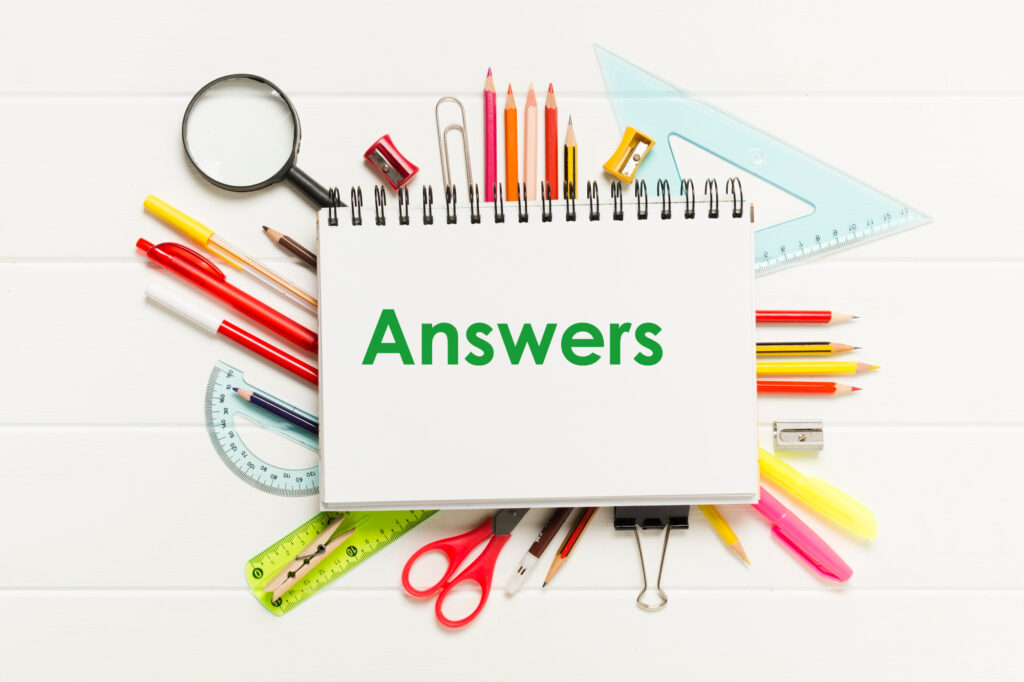
Answers
A. Correct Answers:
- If you study, you will pass the exam. (First Conditional)
- If she were taller, she would become a model. (Second Conditional)
- If I had left earlier, I would have caught the train. (Third Conditional)
- If we had not wasted time, we would be rich now. (Mixed Conditional)
- If he calls me, I answer. (Zero Conditional)
B. Conditional Sentence Types:
- If I were you, I would apologize. → Second Conditional
- If the sun rises, it gets bright. → Zero Conditional
- If you eat too much, you will get sick. → First Conditional
- If she had driven slower, she wouldn’t have crashed. → Third Conditional
- If he studied harder, he would be a better student. → Mixed Conditional

